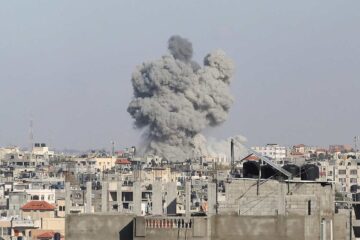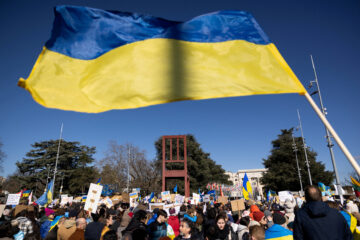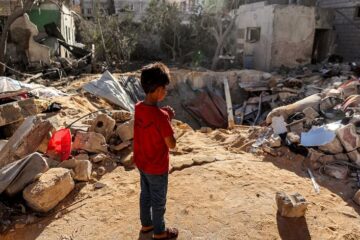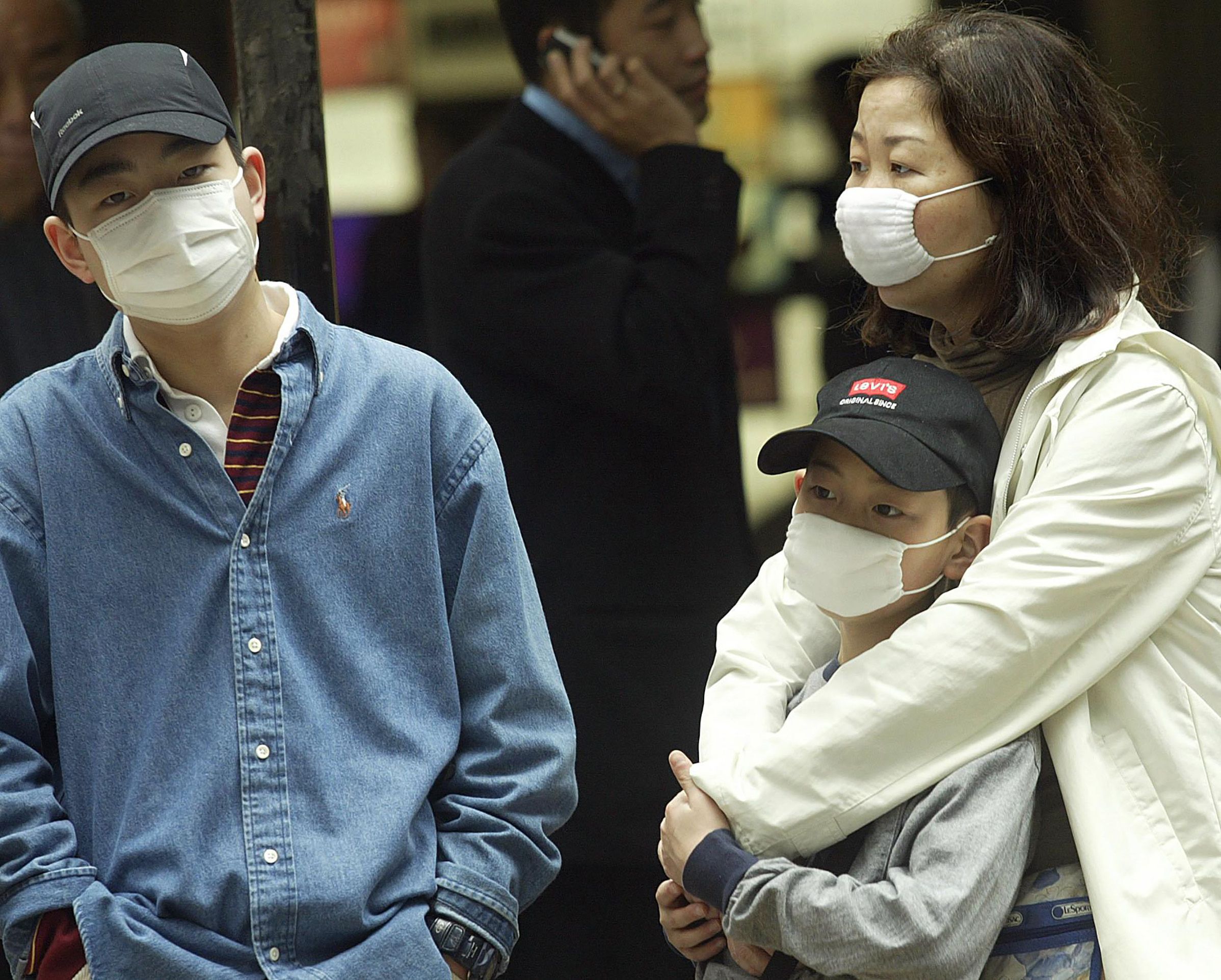NATO keeps eye on Moldova’s skies as European leaders gather
NATO will monitor the skies over Moldova as more than 40 European leaders attend a summit close to Ukraine’s borders to show support for both countries as Kyiv prepares a counter-offensive against Russia’s invasion.
The gathering of the EU’s 27 member states and 20 other European countries at a castle deep in Moldovan wine country just 20 km (12 miles) from Ukrainian territory poses a security and organisational challenge for a country of 2.5 million people wedged between Ukraine and NATO member state Romania.
NATO Airborne Warning and Control Systems (AWACS) surveillance aircraft will watch the skies over the summit venue through Friday, the alliance said in a statement.
Missile debris from the war in Ukraine has been found in Moldova several times since Russia invaded 15 months ago.
“NATO AWACS can detect aircraft, missiles and drones hundreds of kilometres away, making them an important early warning capability,” NATO spokesperson Oana Lungescu said.
With Kyiv preparing for a counteroffensive using recently acquired Western weapons to try to drive out Russian occupiers, much of the summit’s focus will be on Ukraine.
Ukrainian President Volodymyr Zelenskiy was invited to the summit.
“The presence of these leaders in our country is a clear message that Moldova is not alone and neither is our neighbour Ukraine, which for a year and three months has been standing against the barbaric invasion of Russia,” President Maia Sandu told reporters alongside European Commission President Ursula von der Leyen.
KOSOVO TENSIONS
The EU also aims to use the summit to tackle tensions in northern Kosovo between the ruling ethnic Albanian majority and minority Serbs, which have flared into violence in recent days, prompting NATO to deploy 700 more peacekeepers there.
EU foreign policy chief Josep Borrell said he had urged Kosovo Prime Minister Albin Kurti in Slovakia on Wednesday to play his part in defusing the crisis and hoped to convey the same message to Serbian President Aleksandar Vucic in Moldova.
“We need to de-escalate. We have to defuse,” Borrell told reporters in Chisinau on Wednesday evening.
“We have gone too far and the levels of violence that we witnessed at the beginning of this week have to stop immediately. Otherwise the situation can become very dangerous.”
The summit will also touch on a range of strategic issues, ranging from energy to cybersecurity and migration.
It also provides an opportunity to address other tensions in Europe, including between Azerbaijan and Armenia, whose leaders will hold talks with French President Emmanuel Macron, German Chancellor Olaf Scholz and EU officials.
Moldova, like Ukraine, applied to join the EU last year shortly after the Russian invasion, and Chisinau is planning to use the summit to showcase reforms and convince leaders to open accession talks as soon as possible.
Moldova has taken in more Ukrainian refugees per capita than any other country just as food and energy prices soared as a result of the conflict.
The government has accused Russia of trying to destabilise the mainly Romanian-speaking country through its influence over the separatist movement in its mainly Russian-speaking, breakaway Transdniestria region.
SOURCE: REUTERS










